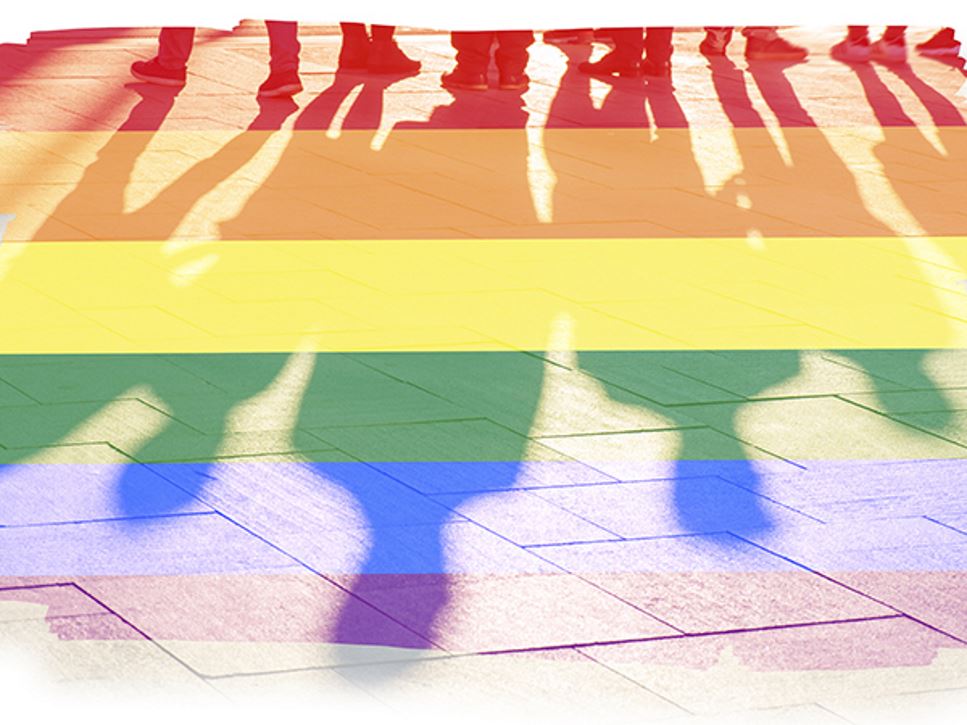According to a 2022 Gallup poll, approximately 7% of American adults identify as lesbian, gay, bisexual, transgender or something other than heterosexual. One of the most important roles of registered dietitian nutritionists is to provide nutrition counseling that is inclusive of everyone. A good first step to working with any individual and community is to understand relevant terminology and concepts.
- LGBTQIA+ stands for lesbian, gay, bisexual, transgender, queer or questioning, intersex and ally or asexual. The plus sign is meant to represent other sexual orientations and gender identities not included.
- Lesbian refers to women who are sexually or romantically attracted to women.
- Gay can be used as a general term, but it often refers to men who are sexually or romantically attracted to men.
- Bisexual is being attracted to two or more gender identities.
- Asexual is the sexual orientation of someone who identifies as having no sexual attraction to anyone.
- Transgender (or "trans") describes someone who does not identify with the biological sex assigned at birth; this may be (but is not limited to) a man who was assigned female at birth or a woman who was assigned male at birth.
- Intersex is a person born with sexual anatomy that does not fit conventional classifications of male or female.
- Nonbinary is a term used to describe an individual who identifies as neither male nor female, while gender-neutral describes an individual who prefers not to be defined by gender pronouns.
- Queer is viewed as derogatory by some people but is gaining positive acceptance and refers to a variety of sexual orientations and gender identities.
- Questioning represents someone who is unsure of their sexual orientation or gender identity.
Gay, lesbian, bisexual and asexual are terms used to describe sexual orientation, or how a person characterizes their physical, emotional and romantic attachments to other people. Other sexual orientations include pansexual (attracted to all gender identities), demisexual (attracted only to those with whom an emotional connection is formed), graysexual (occasionally or infrequently experience sexual attraction but usually at a lower intensity) and more.
Whether you or a loved one is looking for an expert to inform food choices or help manage a condition or disease through nutrition, a registered dietitian nutritionist can help. There are many RDNs who specialize in the health and wellness of LGBTQ+ individuals and communities!
References
Find a Nutrition Expert
Looking for credible nutrition information and recommendations? The Academy of Nutrition and Dietetics' network of credentialed food and nutrition practitioners are ready to help!

